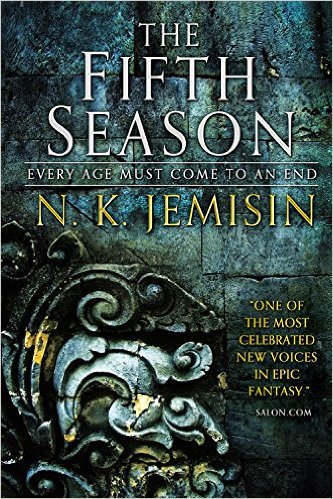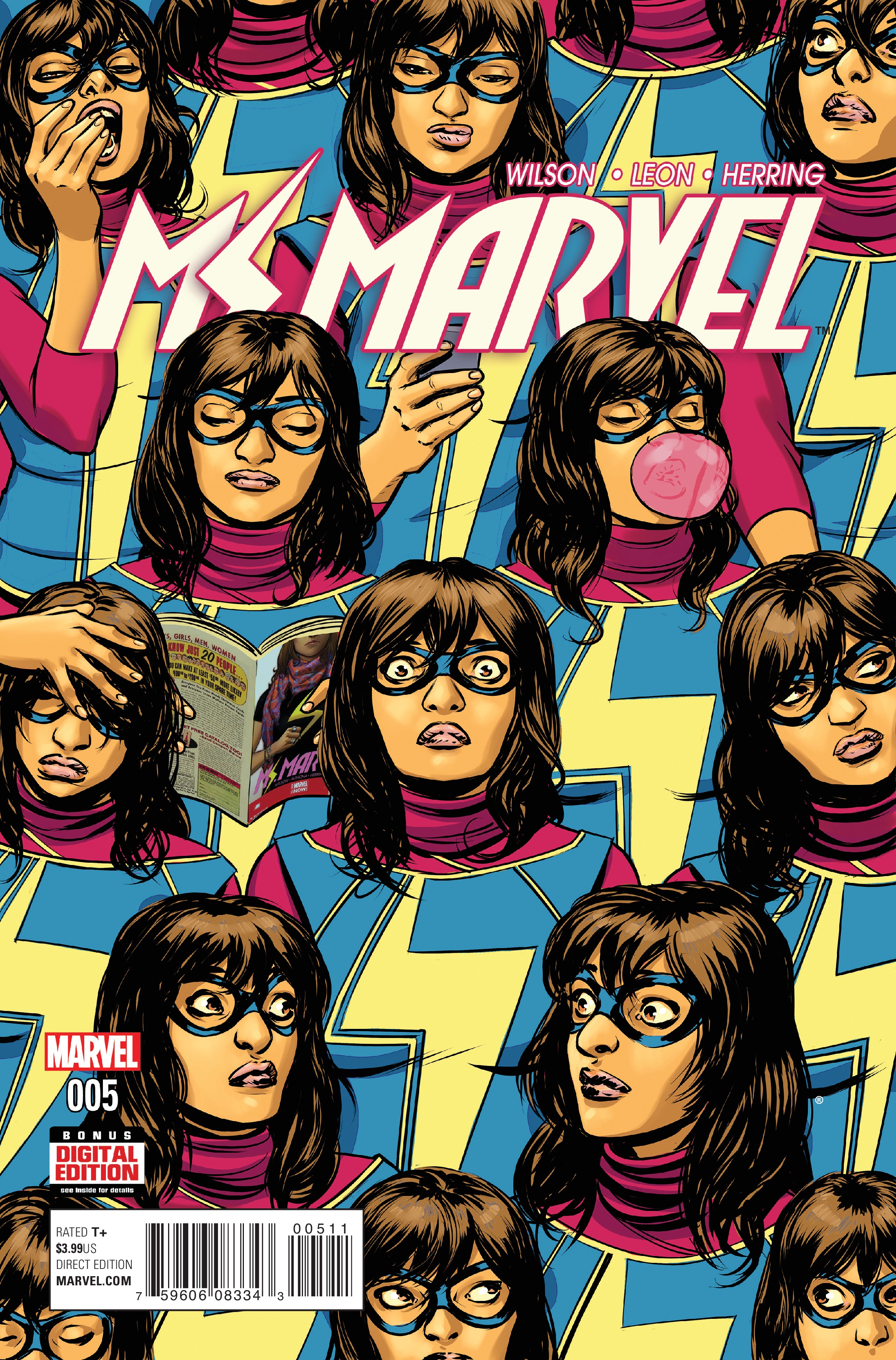“Need not apply”: Sanctuary
Here’s an episode I always remember being ambivalent about. It’s one of those situations where it always seemed like it was something I should like, but somehow it never quite clicked with me for one reason or another. Each time I would rewatch this episode (or, given where it falls in the year and the fact it’s a Star Trek: Deep Space Nine episode more generally, re-read) I would expect it to be good given my mental sorting algorithm filed it away as part of a stretch of episodes I’d just accepted as classic outright, and then I would always leave it feeling vaguely unsatisfied for reasons I couldn’t quite put my finger on. Well, the same thing happened this time, except now I know exactly why this episode has never struck a chord with me.
“Sanctuary” is ostensibly trying to Say Something Important about the plight of refugees, a humanitarian crisis that’s sadly just as pressing as I write these words now as it was in 1993, if not more so. This means of course it’s an “Issues” story, and we’ve just come off of a stretch of episodes that have proven pretty conclusively that “Issues” stories simply do not work in Star Trek in spite of what everyone thinks. Even though its cause is a just and noble one, “Sanctuary” doesn’t work any better than “Force of Nature” or “Melora” (indeed, those episodes’ respective causes were every bit as just and noble as this), and in fact it’s “Sanctuary” that casts into light even more stark why this kind of morality play is a bad fit for Star Trek: The Next Generation and Star Trek: Deep Space Nine.
It’s not, it should be stressed, that the depiction of a refugee crisis in this episode is a poor or ill thought out one: Indeed, the depiction is, if anything, depressingly realistic: Deep Space 9 becomes a staging ground for millions upon millions of starving and displaced refugees escaping oppression in their homeland. They’ve made a harrowing journey across great distances and the only thing that’s kept them going is the hope that their new home will afford them the realised dream of freedom denied them where they come from. But once they arrive, they find locals whose attitude runs a gamut between reluctant to help and outright bigoted and contemptuous. There’s even the reveal that the Skrreeans (which, as an aside, is a name for a fictional culture right up there with BeBeBeBeque in terms of sheer trollishness) see Bajor as their own holy land, a forsaken planet they are prophesied to bring light and hope back to. Which is of course a plot point clearly reminiscent of a certain real-world political situation in the middle east.
But though there are parallels between the plight of the Skrreeans and the great western identity crisis that is the Israeli-Palestinian-Christian conflict, the clearest connections are to the history of the United States, which “Sanctuary” has pegged depressingly well.…




 Consider this a belated postscript to
Consider this a belated postscript to 
 As promised, hot on the heels of Shabcast 16,
As promised, hot on the heels of Shabcast 16,  Guardians of the Galaxy #6
Guardians of the Galaxy #6